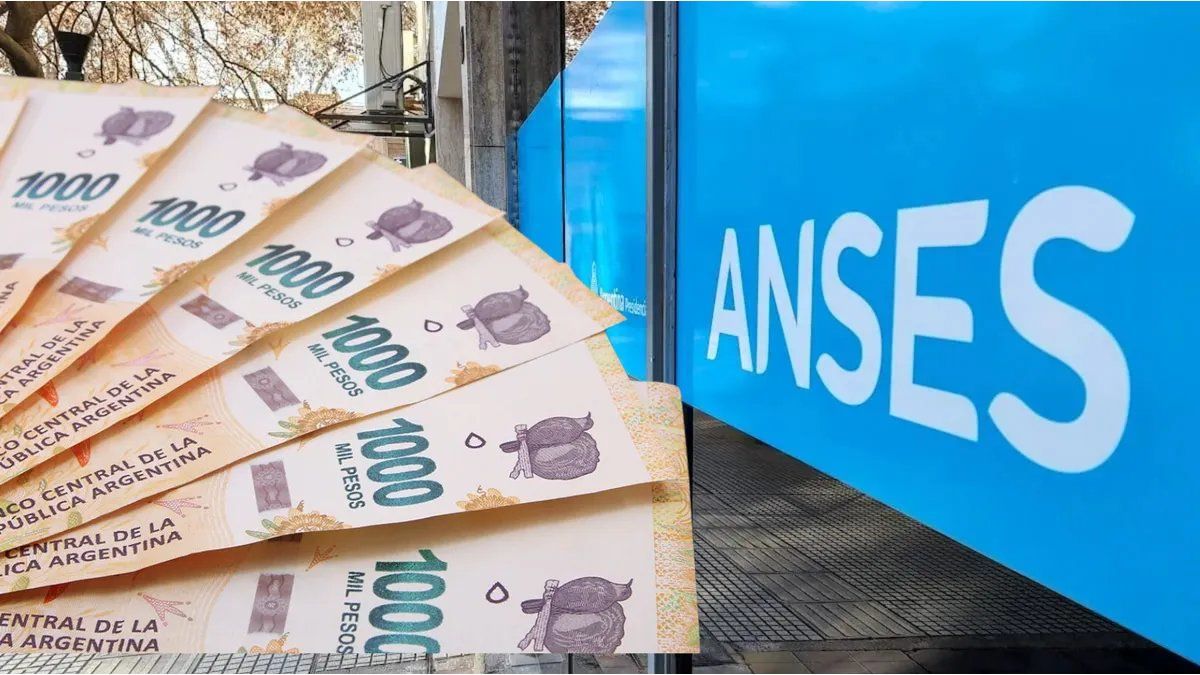The debate that arose between the Government and the opposition regarding the formula of adjustment of the pension system is far from focusing on substantially improving the situation of the beneficiaries. Rather, it refers to how many more or less points they will continue to lose compared to 2017, one of the years in which the maximum level of retirement spending was reached.
One point to take into account is that The Government would be overvaluing the effect of the pension adjustment in the fiscal surplus, without taking into account potential lawsuits in the future, because the new mobility is established by decree.
According to Institute for Argentine Social Development (IDESA)while the formula that the Government wants imposes a cut in the 37% respect of what a retiree earned in 2017 (updated to current values), that of the opposition represents a drop of 33%.
“These data show that the bill approved in Deputies maintains the strong liquefaction that occurred in pension spending since 2017, with the inflationary crisis that broke out in 2018 and that persists to this day,” the report states.
IDESA-retirements.png
The consulting firm that runs the economist Jorge Colina indicates that “from this point of view, the project does not appear to destabilize public accounts since, on the contrary, it maintains pension spending well below historical levels.”
In March, the Government sanctioned the Decree 274/20424, that modified the pension mobility formula that establishes that salaries will be adjusted monthly with the inflation rate with a two-month lag.
As the new formula began to be applied in April, pensions were updated with February inflation, which generated a inconsistency due to the fact that in March, with the old formula, updates were applied that took variations until December 2023.
The formula that the Government applied to retirements
In this way, the DNU partially covers the “bump” of January 2024 since, for April, in addition to February’s inflation, another increase was added, for the only time, 12.5%, when inflation in January was 20.5%
“The Government’s intention in arbitrarily setting an increase well below January inflation is to contribute to the fiscal surplus. The counterpart is that it enhances the legal weaknesses of the DNU,” warns IDESA.
IDESA also points out that “The expansion of spending that implies making a more consistent connection with the old formula is less than the expenditures demanded by the $70,000 bond that the lowest salaries have been paid.”
Public accounting drawings
Colina’s report warns that There is a kind of drawing with the accounts in the public sector. It is that in the State accounting trials are not foreseen and, therefore, they begin to form part of public spending when they are lost and paid.
“By not recording provisions for mobility trials, the fiscal surplus achieved with the DNU is overvalued. On the contrary, the Deputies’ project, By reducing the risks of lawsuits, it does not generate ‘hidden expenses’ for future lawsuits.”says Colina.
Thus, the study considers that, “objectively, the Deputies project preserves the fiscal surplus more than the DNU” and the reason is “that there is extensive jurisprudence that warns that “Mobility must be regulated by law and the assembly with the formula that is replaced must be consistent.”.
For example, the document that IDESA released in the last few hours indicates that “The pension law should not be vetoed, but implemented well.”
Source: Ambito




